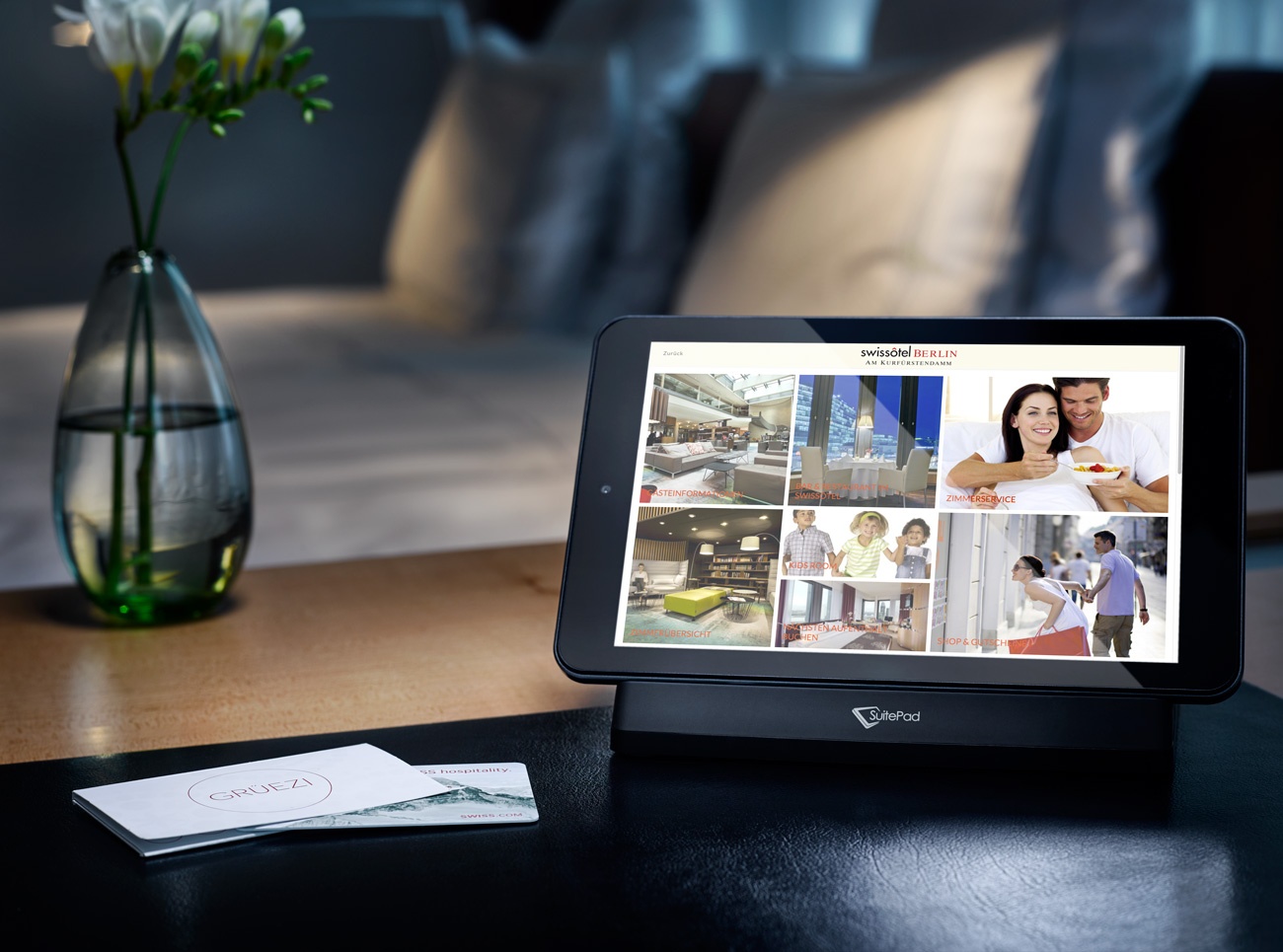According to Deloitte’s Hotel of the Future report hotels will need more than brands to differentiate in the future.
Tomorrow, hotels will need to be about connecting to people proactively and integrating services that can serve their guests outside the hotel guest room. Boutique hotels, luxury resorts, or hotels in unique locations might not struggle to differentiate in the “sea of sameness” as much as possibly mid-tier hotels. With Michelin-starred food, stellar service, and amazing interior design, it seems that the hotel marketer's job is done once the guest is through the door. Their marketing efforts focus on creating visibility through search engine optimization, advertising, and email campaigns or social media.
In most hotels, customer touchpoints within the hotel room are still mostly one way
Marketing collateral is limited to complementary leaflet holders in the lobby, heavy three-ring binders with slightly outdated information, spa flyers, and table restaurant menu holders. In the hotel room, the guest directory, traditionally a high-quality leather binder, acts as the main source of information.
Hotel marketing should not stop with the guest checking in.
Marketers should use the hotel room as a touchpoint to drive incremental revenue from hotel guests throughout their stay from the moment of arrival to departure. And they should do so in a way that is fun, engaging, and convenient for the hotel guest. Tablet-enabled guest directories can help hotel marketers leverage and expand on the strengths of the hotel’s hospitality services.
Increasing room revenue through targeted and personalized marketing activities
Digital guest directories not only unite all the information (hotel brochure, room service, and spa menus) on one single device. Using the content management system behind in-room tablets, hotel marketers may also inform guests about special offers, open restaurant bookings, and spa appointments in real-time and at short notice. The difference to the traditional guest directory is that guests can book a table at the restaurant, book a spa treatment or benefit from other special offers right away through their tablet without having to call room service during peak hours or the spa during treatments. Personalized messages and push notifications sent to individual guests or multiple rooms bridge the communication gap between guests and hotels in a more personal and organized way. This way marketers can use guest directories for cross-selling of hotel services and outlets that is also more convenient for the guest.
Use case scenarios for in-room tablets are not limited to promoting hotel hospitality services such as F&B outlets or spa and wellness facilities. Marketers that join forces with local and regional tourist attractions and destination marketing organizations can use in-room tablets as a platform for these mutually beneficial partnerships. Furthermore, integrating relevant media partners from the top brands in the luxury industry may add real value to guests and enables hotel marketers to contribute to in-room revenue through advertising revenue.
Explore how you can use tablet-enabled digital guest directories as an additional marketing channel. Get in touch here.
- Published on January 18, 2017


.png)

.png)
.jpg)
